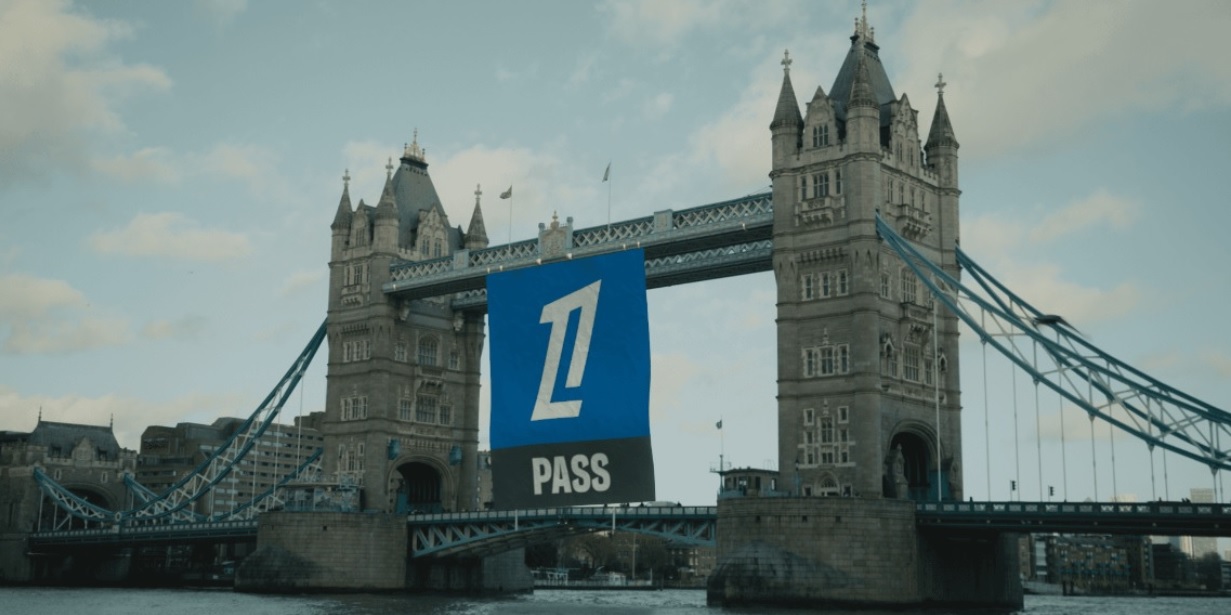The government gave this Tuesday (22) Another step in the privatization process of EletrobrasBy approving the sale of new shares of the company at the shareholders’ meeting.
The goal is to reduce the union’s share from 70% to 45% of the capital, making the company a company with dispersed capital. The proposal was supported by private shareholders. On the other hand, the guilds associated with the Eletrobras employees protested.
At the meeting, in addition to the restructuring of Eletrobras, which would no longer be subject to state control, the government agreed to sell the company’s shares in Itaipu for 1.2 billion Brazilian reals, and Eletronuclear, Nuclear power plant operator Angra dos Reis.
The two companies will be transferred to a new state-owned company called ENBPar (Empresa Brasileira de Participações em Energia Nuclear e Binacional SA), created specifically for this purpose.
The meeting was suspended several times so that company representatives could answer investors’ questions about the terms of the deal. One of the main doubts was precisely about the valuation of the company’s stake in Itaipu.
With proceeds from the stock sale, Eletrobras has to pay the government, within 30 days, R$32 billion in reference to the renewal of the concessions for the hydroelectric power stations it operates. Another R$25.3 billion will have to be paid for the change in contracts that have already been renewed.
The privatization of Eletrobras is one of the priorities of the government, which in its last year Without fulfilling the promise to sell large state-owned enterprises, such as Correos.
Despite shareholder approval, workers intend to maintain opposition to the process. “The holding of the shareholder meeting to approve the privatization of Eletrobras was a new chapter in the TV series on violations of legislation, the constitution and the public interest by the government, as was strongly denounced by Minister Vital do Rigo in the last session of the TCU [Tribunal de Contas da União]Maximiliano Garces, attorney for the National Electricity Rally, said.
Do Rigo questioned the criteria used to determine the value of Eletrobras, arguing that a correct valuation would raise its price to R$130 billion, twice the value set by the court, R$67 billion. He was the only person who voted against him at the hearing.
“These irregularities have been taken to court by the Coletivo Nacional dos Eletricitários, which will continue to defend national sovereignty, to prevent privatizations that would seriously harm the Brazilian population – either because of the very low value that the government wants to charge for the sale, or because of the effect of the tariff Terrible.”
Approval of capitalization by shareholders’ meeting is seen by financial market analysts, who are consulted on the condition of anonymity, as a critical advance in the procedures considered technical required in this type of operation.
Next steps include the release of 2021 results scheduled for March 14, followed by the annual general meeting to approve the accounts and release the financial report.
These rituals comply with the rules required to publish the prospectus to investors when offering shares. In the case of the Eletrobras process, there is an additional element, a new TCU session.
It is estimated that the court will be ready for a vote in late March or early April.
TCU ministers will evaluate the separation between Itaipu and the nuclear plants. They will also discuss the minimum share price, calculated by advisors appointed by BNDES. This is the most sensitive discussion.
The values are confidential and will not be disclosed to the public.
This step is the political and sensitive part of the final phase of capitalization coordination. In this case, there are two very different scenarios in the analyst spreadsheets.
If there is no dispute, these items are approved, and the process can take place in May. However, in a worst-case scenario, the minister could solicit views, pushing the bid into August, the hottest moment in the election race, which could render capitalization futile this year.
The government argues that the operation will reduce the electric bill, by reducing the weight of the CDE on tariffs and reducing the hydrological risk that consumers take on today.
But the deputy (temporary measure) who laid the foundations for privatization, It has been approved with many turtles that will have an adverse effect on the industrysuch as mandatory contracting of thermal power and small hydropower plants.
Eletrobras employees tried to suspend the meeting both in court and in the CVM (JSC), but were unsuccessful.
At Wednesday’s meeting, they voted against capitalization, arguing that the process does not serve the best interests of the company and generates additional risks.
In addition to not representing the flow of resources to the company, they say, the proposed model may generate the need for contributions from Eletronuclear to complete work at the Angra 3 plant, which was discontinued after the start of the Lava Jato operation.
“This privatization clearly shows that the major shareholder (União) is only concerned with his own interest, ignoring what is best for Eletrobras, ignoring the poor market condition, ignoring stakeholder opinion and ignoring what is best for Eletrobras and Brazilian society,” they concluded.

“Music fanatic. Very humble explorer. Analyst. Travel fanatic. Extreme television teacher. Gamer.”






More Stories
Do you use a Petrobras CNG truck? Understand the picture that became a meme
New strategy to get rid of telemarketing calls; Learn it!
Itaú will launch receivable tokens in 2022